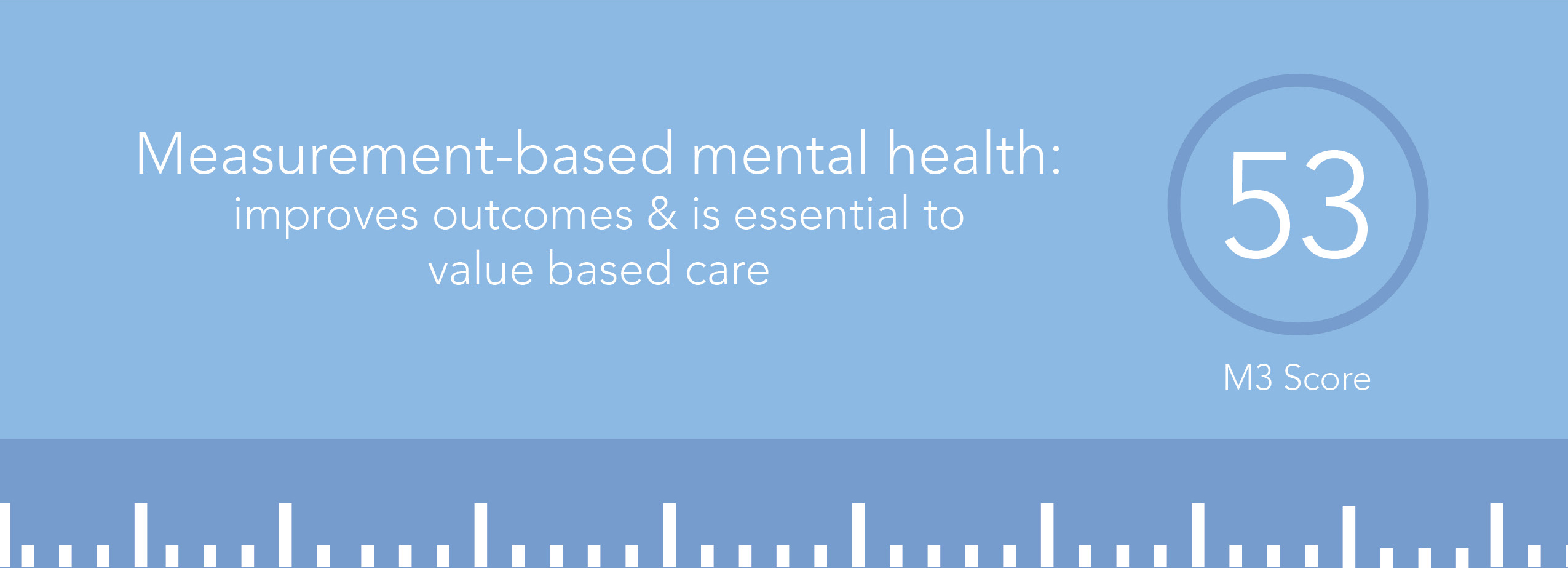
Measurement & Quality of Care
Mental health disorders cumulatively are the most costly health problem in American primary care.1
These disorders frequently go undiagnosed and undertreated. The U.S. Preventive Services Task Force recommends annual screening for depression, and, when positive, additional assessment for other comorbid psychological problems, such as anxiety,bipolar, posttraumatic stress (PTSD), and substance abuse disorders (SUD).2
These additional assessments are important, as 20% of primary care patients who screen positive for depression suffer from bipolar disorder, anxiety disorders are twice as prevalent as depression, and substance use disorders
are often missed.3,4
These conditions are often comorbid with physical illnesses and often increase the cost of care 2- to 3-fold with a negative impact on outcomes.5
The M3 Checklist is a research-validated screening tool that quantifies a patient’s risk for mental health disorders commonly found in primary care.6
Regular monitoring of patients with the M3 Checklist gives primary care access to measurement-based care, is a first step towards the integration of behavioral health into primary care and meets the requirement for validated rating scales in the Collaborative Care Model (CoCM).
LabCorp and Mirah Provide Multidimensional Mental Health Monitoring: An Essential Part of Primary Care
The evidence‐based M3 Checklist is now available through LabCorp or Mirah. Please contact us or your sales representative.
The M3 Checklist empowers providers by detecting, measuring and organizing symptoms of the following common mental health conditions: depression, anxiety disorders, bipolar disorder, and PTSD. Consisting of 27 questions, the patient‐engaging web and mobile assessment can be easily completed during office visits, in the waiting or exam room, or remotely, in just three to five minutes.
LabCorp and Mirah also offer the AUDIT-C, a 3-item screen for alcohol misuse.
Registry Development and Population Health
The care management team can track, measure changes and progress of an individual patient over time. Regular monitoring of M3 Checklist’s Score & Subscores identifies those patients who are not reaching their treatment targets and require adjustments in care. A mental health registry or list of patients currently receiving care can be created from aggregating individual data for systematic tracking of care, or organizations may opt to manage those patients through a seamless solution like Mirah. This type of comprehensive tracking prevents patients from slipping through the cracks and provides mental health data for population health analytics.